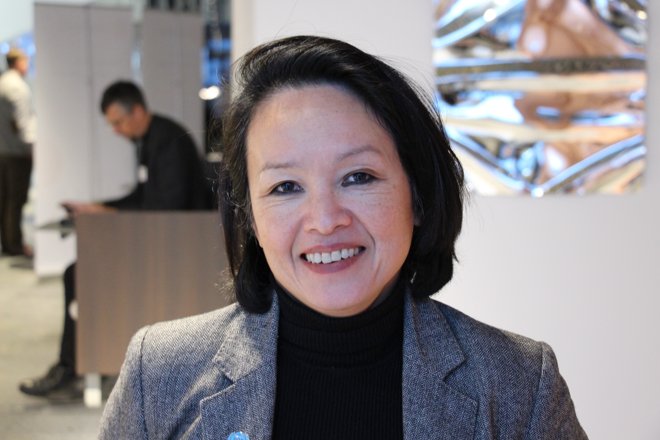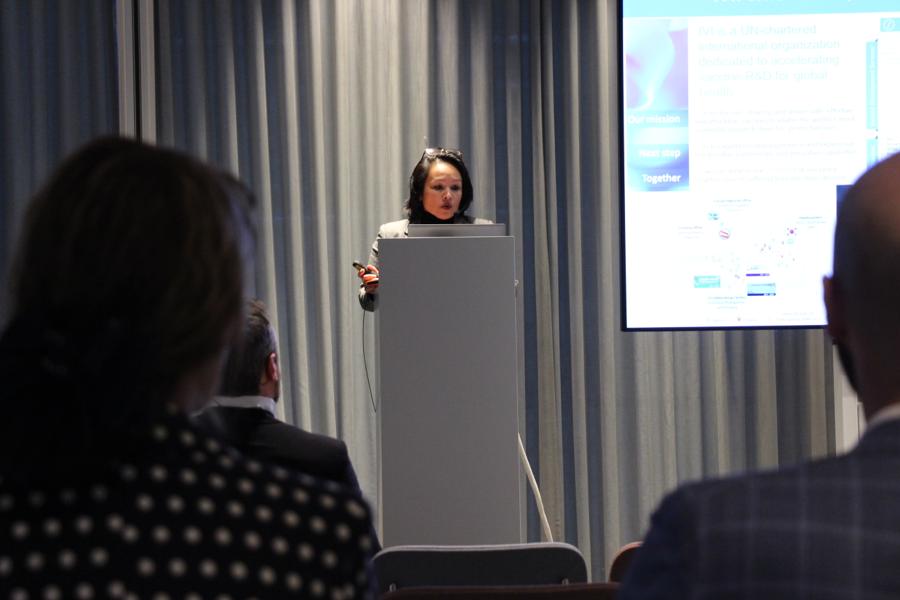The International Vaccine Institute’s office in Sweden is expanding

Last year, the International Vaccine Institute (IVI) opened an office in Europe based in Stockholm. The office, in Hagastaden, currently employs six people, and more are expected to join early next year.
“We aim to employ 30 to 40 people by 2026,” Anh Wartel, Deputy Director General and Head of the European Office, told Life Science Sweden.
In addition to the Stockholm office, an office has also been opened in Vienna, Austria. This office currently employs one person, but the hope is that the office will expand to three to five employees.
The International Vaccine Institute is a non-profit organisation headquartered in South Korea, dedicated to accelerating the development of vaccines for developing countries. They collaborate with researchers, governments and the life science industry to realise the aim of improving global health.
“We take care of everything, from designing the vaccine in the lab to testing it in animal models and then in humans, all the way to licensing and authorisation for use”, says Anh Wartel.
An example of an earlier vaccine developed with the help of the Vaccine Institute is the first drinkable vaccine against cholera, based on research from the University of Gothenburg by researcher Jan Holmgren.
“He transferred his technology to IVI, and we then optimised the process development. We then transferred the vaccine candidate to vaccine manufacturers in developing countries to scale up, commercialise and produce the vaccine,” she says and continues:
“This operating model has proved very successful for us, and we want to recreate it by working with the ecosystem here in Sweden and Europe.”

At the European Office in Stockholm, the Vaccine Institute is currently working mainly on three vaccine development projects: one project involving a vaccine against Crimean-Congo haemorrhagic fever, one involving a measles-based vaccine against Lassa fever, and another involving a vaccine against group A Streptococcus in which the organisation heads a consortium. The organisation has also held a five-day training course in vaccinology in Stockholm, which is planned to be held annually.
“Having an office in Europe will help us, for example, to get closer to certain stakeholders such as the WHO and also in our work with Africa,” says Anh Wartel.
Artikeln är en del av vårt tema om News in English.